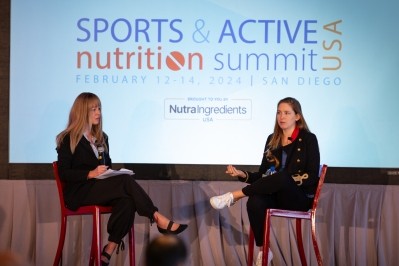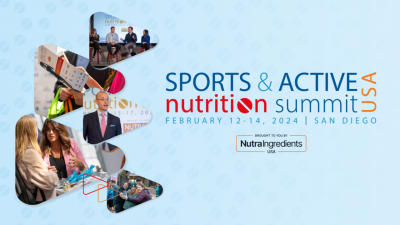The state of science for genomics in sports nutrition
Dr. El-Sohemy explained that he focused on understanding how genetic variations impact one’s response to various nutritional factors and how that impacts performance and recovery.
"There are a lot of really good examples of robust evidence that demonstrates having a particular version of a gene means that you need to have different requirements and different recommendations because we're all different and we respond differently," he said. "And the science now shows that we can look at specific genetic variants that tell us whether or not caffeine can improve our performance, whether or not we would benefit from consuming a little bit more iron, whether or not we need more vitamin C to improve recovery. So those are just some of the examples that illustrate this concept of precision nutrition using genomics for enhanced athletic performance."
He added that there are a lot of good examples of robust evidence that demonstrate having a particular version of a gene means that you need to have different requirements and different recommendations because everyone responds differently. Precision nutrition using genomics has the ability to enhance athletic performance by identifying specific genetic variants that can determine the benefits of nutrients such as caffeine, iron and vitamin C for performance, recovery and overall health. This approach allows for more personalized recommendations and tailored nutrition for an athlete’s needs.
In terms of how genetic variants impact nutritional requirements, Dr. El-Sohemy said a class example is the metabolism of caffeine.
"So some people are very efficient at getting rid of caffeine; they actually benefit from caffeine for enhanced performance, whereas others have a version of the gene that makes them less efficient at getting rid of it and it actually impairs performance," he said. "What's most interesting, I think, is that you can't tell just by how caffeine makes you feel. So if a cup of coffee in the afternoon keeps you up at night or if a little bit of coffee makes you feel jittery, it doesn't mean that you're a slow metabolizer."
















